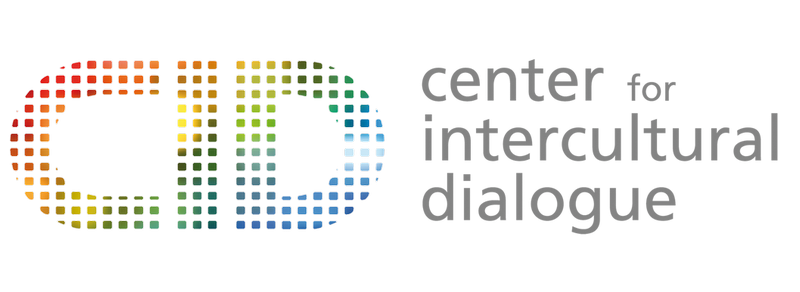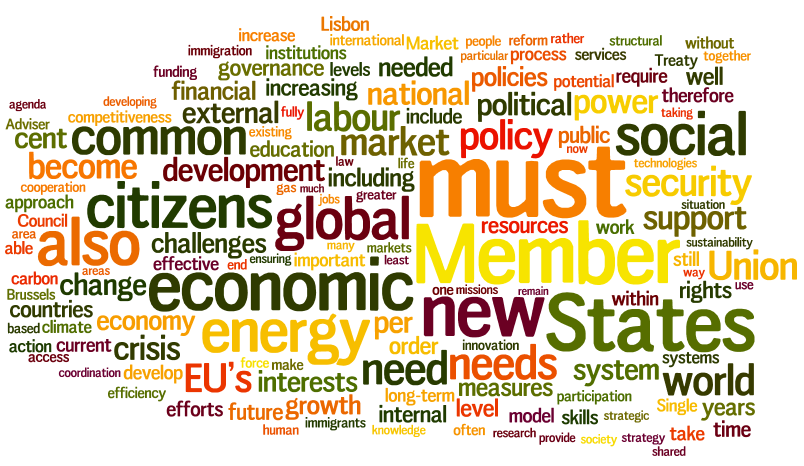Activity 1:
3-11 September in Vilnius, Lithuania
Activity 2:
15-22 October in Yerevan, Armenia
Application deadline: 30th June 2017
ABOUT THE PROJECT
Conflicts, wars, persecution and poverty have driven more than one million people to seek safety in Europe only in 2015. The current refugee crisis that has unfolded in Europe created division between European citizens as well as questioned the basics of the European idea. Reaching Europe rarely meant the end of suffering for those who survived the dangerous routes and smuggling. Public authorities at the national and regional levels often failed to provide adequate response to the arrival of large amounts of migrants. Poor reception conditions, incidents of corruption, closed borders and passport controls were coupled with increasingly hostile attitudes by the European citizens. This attitudes have been rapidly growing into radicalization fueling nationalist and extremist movements and political parties. Yet, these are only few of the difficulties encountered by the men, women and children seeking home in Europe.
Civil society organizations can play an important role as a response to the crisis and radicalization that has become its consequence. There are examples when NGO’s and active citizens have gone beyond their capacities in order to fill the gap left by national and regional authorities and have proven they have the will and the need to be heard. This positive cases must be multiplied and the role of civil society has to be expanded. Thus, creating network of organizations working or willing to work in the field of migration and deradicalization is essential. It is also very important to build the capacities of staff members, social workers, youth workers and human right activists in the field so they can provide adequate support to young people with refugee and migrant background as well as to young people affected by “migrantaphobia” and violent extremism.
There is a clear need of empowering civil society organizations which are working with refugees and migrants so they become stronger actors in the current refugee crisis. They need to be better prepared to contribute to the resolution of the refugee crisis and to policies for the integration of refugees. This may result in providing both high quality support to the refugees and migrants as well as in supporting the EU and national policy making with valuable input.
To ensure a long term impact the same 36 youth workers will be involved in both activities of the project.
The Training Course (Lithuania) and the Study Visit (Armenia) have the following main objectives:
- To provide conceptual framework on the notions of emigration, immigration, integration and multiculturalism to 36 youth workers from different European countries;
- To analyze the emigration and immigration situation in participating countries and to find out the causes of migration, namely push and pull factors;
- To discuss and analyze the current migration challenges in Europe and try to offer solutions from the perspective of youth work;
- To foster tolerance, respect and open-mindedness towards migrants while working with young people as a target group;
- To share experiences and best practices of integrating young migrants in youth organizations;
- To equip youth workers with capacity to combat hate speech towards migrants, misinformation about refugees and xenophobic discourse;
- To create a network of NGO’s willing to be involved in the migration management process and contribute to the refugee integration process in participating countries.
PROFILE OF PARTICIPANTS:
- above 18 years old
- fluent English;
- youth workers who are working to combat radicalization, discrimination and intolerance against refugees and migrants in their countries;
- working, have experience or are interested in working with the refugee or migrant integration issues;
- ready to commit to the project at least 3 months after the end of the project by organizing follow-up activities in their home countries;
- have experience in non-formal education field and interested in implementing educational activities by themselves or want to gain new skills and knowledge on the topic;
- able to attend both project Activities: A1 in Lithuania and A2 in Armenia;
- willing to share their experience with CID
ACCOMMODATION and FINANCES:
All costs related to accommodation and food will be covered by the hosting organization.
Travel costs will be covered up to 275 EUR for each activity. The travel costs will be reimbursed according to E+ rules. It will happen upon collecting all tickets and invoices, calculating all costs.
Participation fee: NONE
Sending fee: 500 MKD

